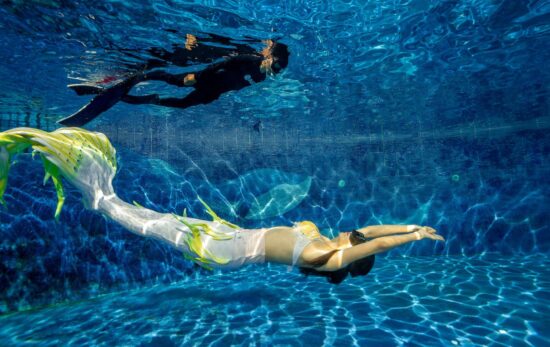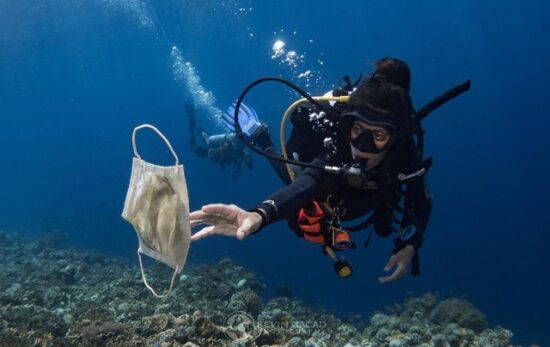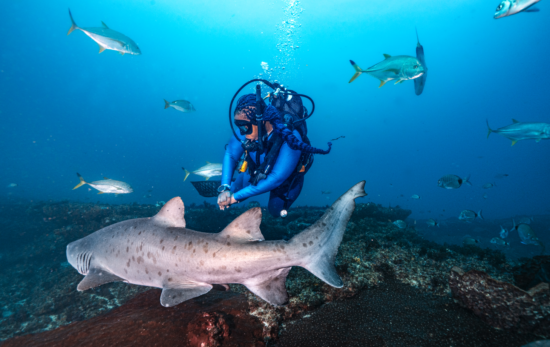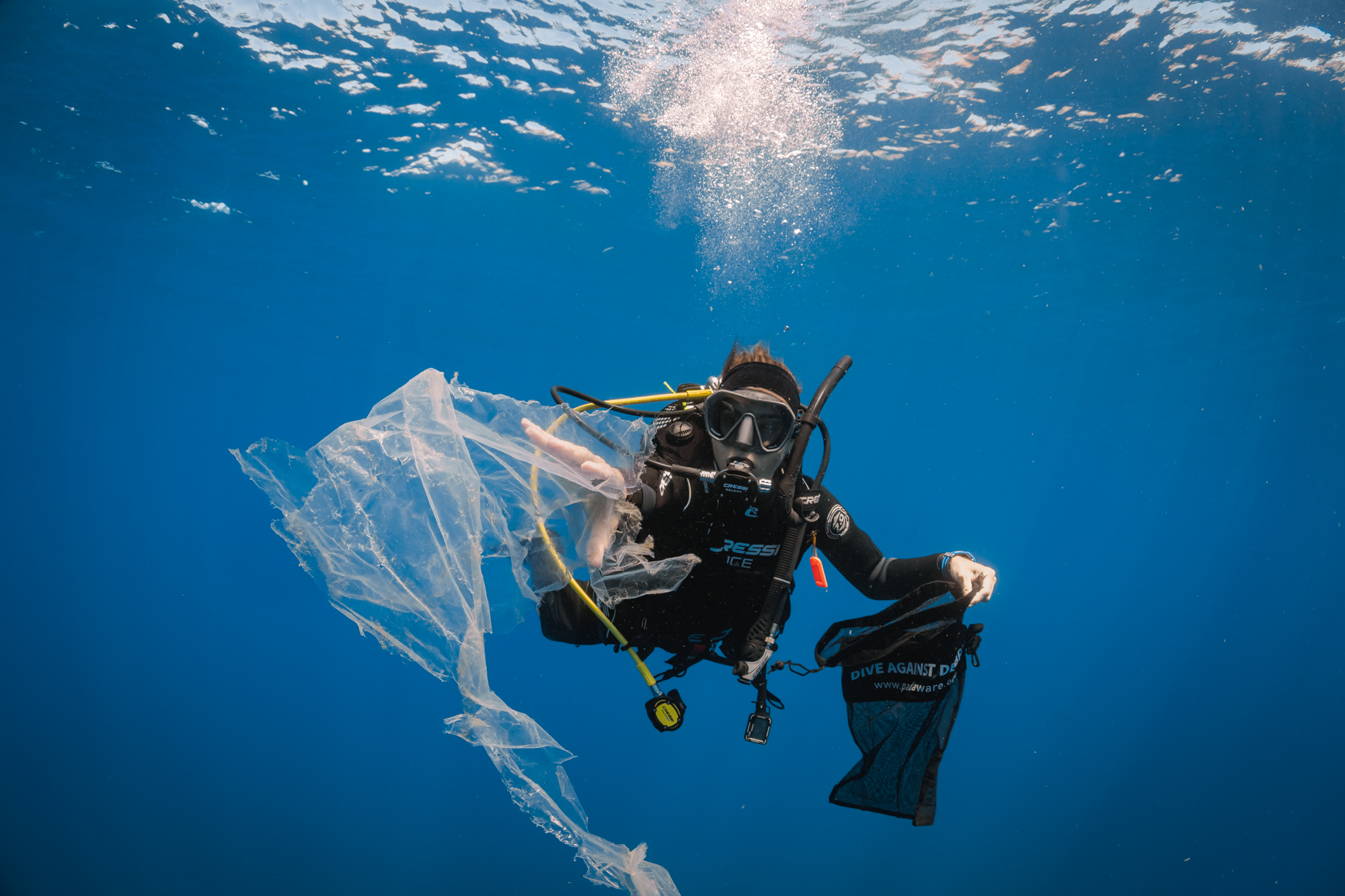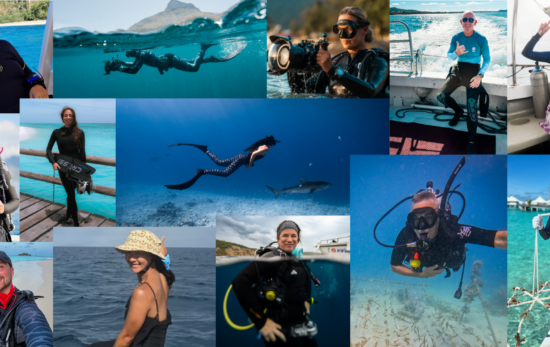It’s been more than 20 years, but I’ll never forget being face-to-face with a shortfin mako shark. Expecting the usual handful of 1.2 to 1.5 metre/4 to 5 foot blues, a bunch of us from PADI Worldwide were shark diving over bottomless (i.e. really deep) open ocean. Suddenly, something at the surface caught my eye. Something really big – a 4 metre/12 foot shortfin mako had decided to check things out – well, us out. Not being near our cage (don’t ask – long story) I swallowed hard as we watched it cautiously. It circled a few times, but never threatened us and after about 10 minutes disappeared, apparently bored, though we were left with some vivid, awesome moments burned into our collective memories (and some great images by PADI Senior VP of Legal Affairs Al Hornsby like this one).
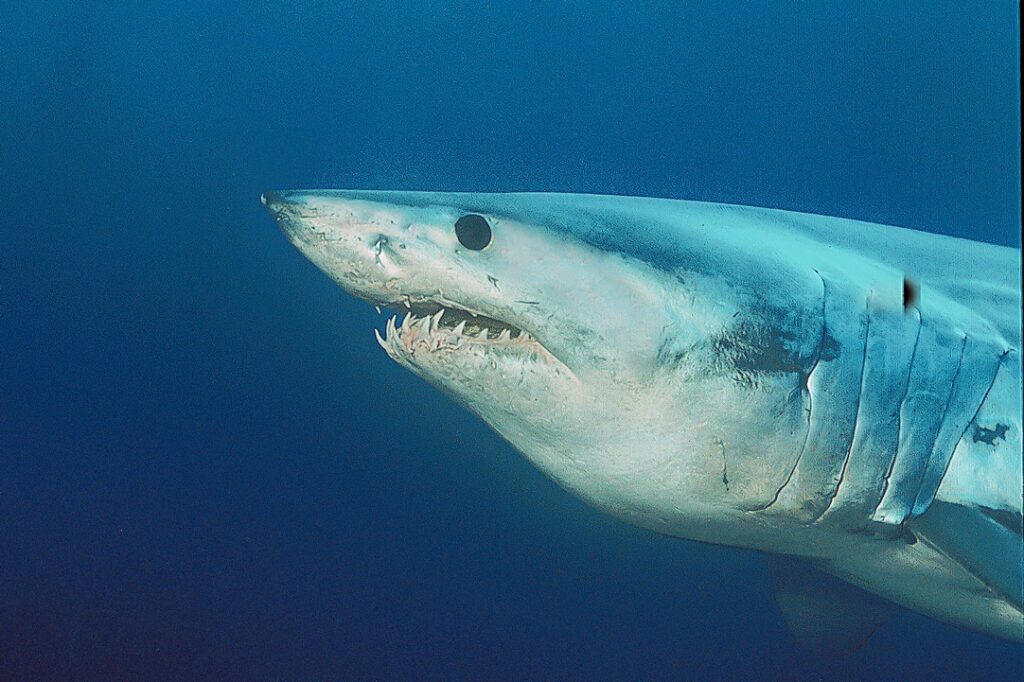
Look at photos and video and the shortfin mako is breath-taking – yet imagery doesn’t even come close to the reality. In person, its size, speed, power and grace combine into what might be best described as a battleship that flies like an F-22 Raptor. You see – feel – its might as an apex predator. Like its cousin the great white, the shortfin mako has little to fear – except us. Overfishing endangers this magnificent animal. Citing dwindling catches of increasingly smaller individuals, NOAA (US National Oceanic and Atmospheric Administration), IUCN (International Union for the Conservation of Nature), and the global trade body CITES (Convention on International Trade in Endangered Species of Wildlife and Fauna) among others warn that the mako needs protection not simply for sustainable fishing, but to survive.
Thankfully, November marked a hopeful turning point with a 52 nation agreement that protects shortfin makos in the Atlantic Ocean. Reaching this agreement wasn’t easy. It took a lot of behind the scenes, grassroots-level-work over many years, and, if you are a PADI Torchbearer, support PADI AWARE, are a PADI Mission Hub and/or are a PADI Professional or Diver – perhaps without realizing it – you helped make this happen.
Every year the 52 countries that manage commercial fisheries in the Atlantic get together as part of the International Commission for the Conservation of Atlantic Tunas (ICCAT) to make decisions on species fished in the Atlantic, including tunas and sharks. This is often difficult because decisions are made by consensus, meaning that if even one country disagrees, the decision fails. At this year’s meeting on 23 November, following 10 days of negotation, ICCAT agreed on an immediate two year retention ban for the shortfin mako shark, meaning that accidentally caught makos must be released instead of kept as has been the practice.
Led by Canada, Senegal and the UK, the agreement is the culmination of years of advocacy and public pressure. ICCAT members have been negotiating this for four years and even as recently as July, had not been able to agree. The US and the European Union had their own proposals that most members didn’t like because it had too many exceptions and loopholes. South Africa and Brazil had been neutral, neither supporting nor disagreeing with the ban. However, there has been ongoing efforts in all the member nations about the mako’s plight, with PADI AWARE Foundation supported by PADI Mission Hubs and PADI Pros and Divers signing petitions and communicating with officials. At the AWARE’s request, for example, at letter went to the US Secretary of Commerce under my signature discussing the data and the long term loss of an important species and fishery. And of course, we were just one part of a coalition working on this, which also included Shark Advocates International, The Shark Trust, and Ecology Action Centre among others creating an enormous united voice calling for this ban.
It made the difference. In November the US, the EU, Brazil and South Africa supported the mako retention ban. Let me be clear though – they did not “cave.” The representatives in every country working these issues have a difficult, complex job considering sometimes widely diverse perspectives and analyzing information that may be incomplete and complex. Our united efforts made the scientific data and economic benefit for mako conservation clear, and also illustrated the widespread public knowledge and support. This led them to more accurate conclusions and support for mako protection. They deserve our respect and thanks for being receptive to the data we shared, and to the concerned public’s call for the ban.
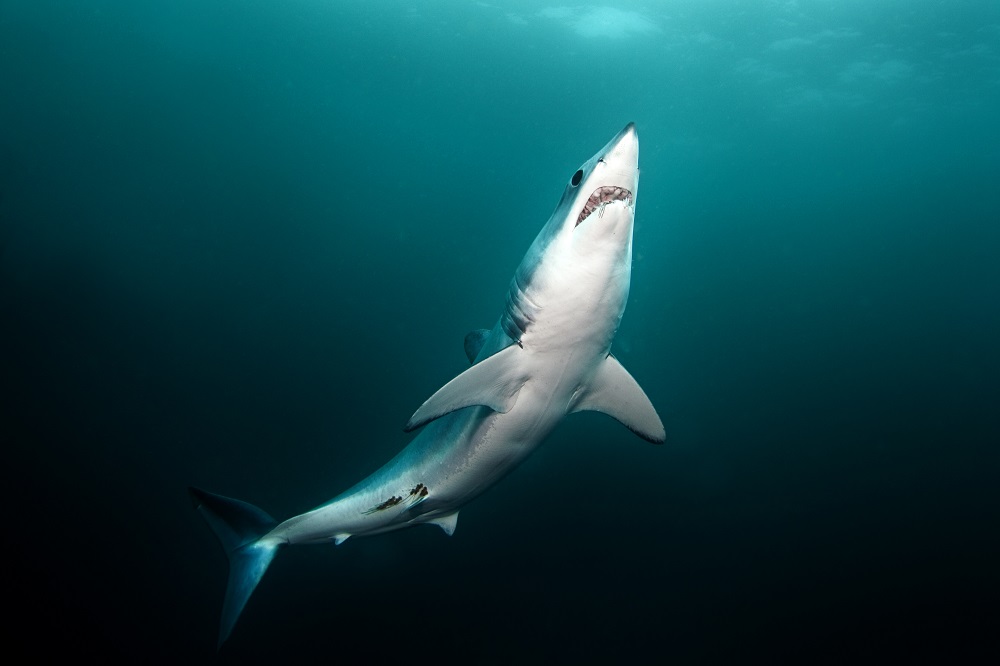
The retention ban is a start, but only that. Two years is not long – sexual maturity is about eight years in makos. While the IUCN Red List lists the shortfin mako as endangered, and CITES restricts international trade, recreational fisheries still catch significant numbers, and the ICCAT retention ban doesn’t apply globally. And, the mako is only one of almost a third of all shark species that are threatened with extinction by overfishing. Here’s what you can do to continue helping end shark overfishing and support efforts to save the ocean:
- Take the AWARE Shark Conservation Specialty course. By learning why sharks are vital and how they’re are threatened, you can use your voice, votes and consumer choices to help expand their protection.
- Become a PADI Torchbearer (if you have not already). This is important because there is strength in numbers – businesses, governments and leaders take heed when millions unite about something. This was part of how the mako retention ban agreement was finally reached.
- Support your PADI Resort or Dive Center in its role as a PADI Mission Hub sponsoring local AWARE projects and other initiatives. This is key to all of us divers acting locally to make a difference globally.
- Give to the PADI AWARE Foundation. There is a cost to identifying ocean threats, gathering information, informing divers and partner organizations and then mobilizing appropriate countermeasures. When you take any PADI course, some of what you spend provides a bit of support, and choosing the AWARE version of your certification card adds to this. But, direct donations are critical because bending the curve toward a preferred future will be a long, ongoing effort that relies on unwavering support and commitment by you, me and our fellow PADI people.
Seek adventure. Save the ocean.
Drew Richardson
PADI President & CEO PADI Worldwide

